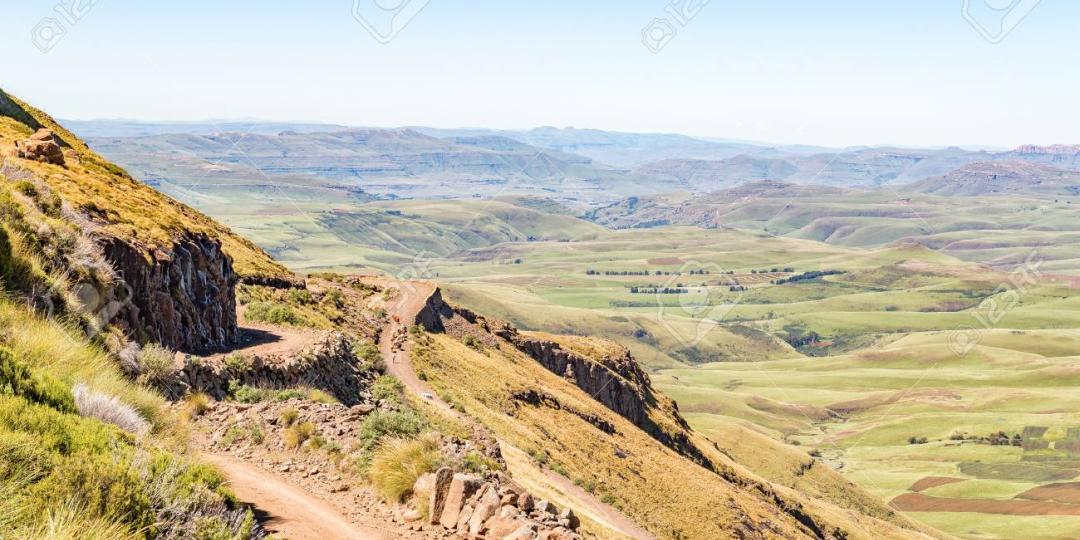Work is under way to establish a high-altitude national park in the mountains of the Eastern Cape, close to the Lesotho border and the spectacular Naude’s Nek pass – South Africa’s highest road at over 2 500 metres.
SANParks Acting CEO, Dr Luthando Dziba, said the ultimate objective was to establish an ecologically, economically and socially sustainable consolidated protected area, primarily by working with private and communal landowners.
“The establishment of this national park will mark a new and innovative approach to protected area expansion as it will be located within a working agricultural landscape,” he said.
Not only is this area rich in biodiversity and endemic species, it also lies within the Eastern Cape Drakensberg Strategic Water Source Area, which is a natural source of freshwater for people downstream. When declared, the park will also improve formal protection of South Africa’s grasslands, which have been identified as a national conservation priority.
According to Dziba, the proposed NE Cape Grasslands National Park will take a different form to traditional parks, in that the landowners will have the opportunity, through stewardship, to incorporate their land in the park on a voluntary basis. As such, they also stand to benefit from a range of financial incentives for private and communal land that is formally protected.
From an economic perspective, the project aims to raise significant government funding for the restoration and maintenance of the landscape for water security, bringing much-needed employment opportunities to the area (through alien plant clearing and wetland restoration).
“Because of its rugged, unspoiled landscape, the area has rich potential for adventure and cultural tourism which could help to build an all-year-round tourism industry, further unlocking potential jobs. The declaration of a national park will also be a motivation for the inclusion of this area into the adjacent Drakensberg World Heritage Site,” added Dziba.
The proposed new 30 000-hectare national park is a collaboration between SANParks and the World Wide Fund for Nature (WWF).
Dr Morné du Plessis, CEO of WWF South Africa, said: “The beauty of this model is that biodiversity conservation and ecological management will be done in partnership with those who live and work in this area, while allowing them to continue deriving benefits from their land through sustainable agriculture and other compatible land uses. Ultimately this is a win-win for nature and for people. We can’t wait to see this project coming to fruition.”























